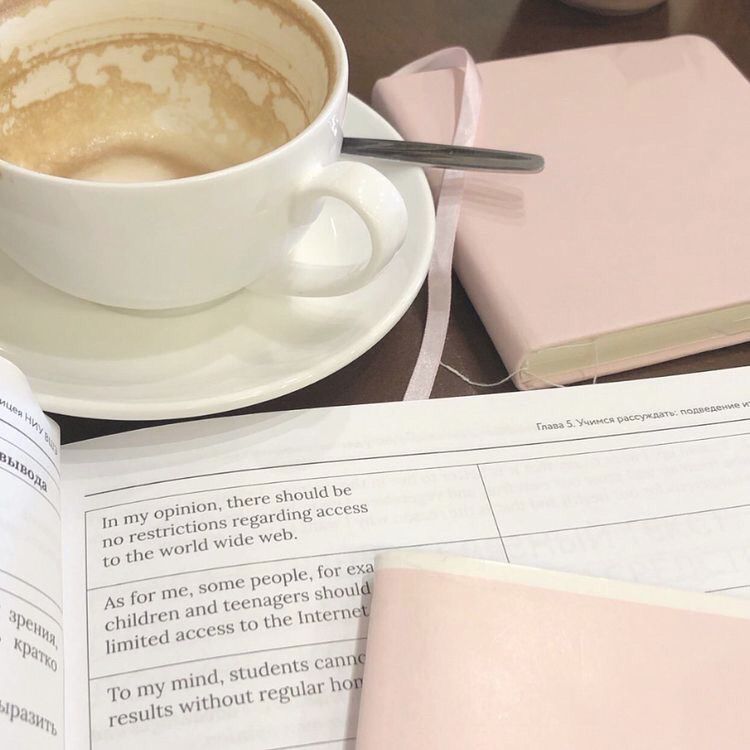picture via pinterest
Training your ability to memorize and boost retention effectively, requires dedication, training, and consistency but it’s totally worth it. It has a great impact on academic performance, professional growth, and overall cognitive skills. It makes studying, learning a new language, and remembering important details so much easier.
The following techniques and strategies will be a big help on that journey.
Number 1
SPACED REPETITION
Spaced repetition means reviewing material gradually over a long time and increasing intervals with time. Unfortunately with this method, say goodbye to cramming. It’s all about consistently revisiting information which has many advantages though such as making it stick longer because neural connections get strengthened.
Tools like flashcards and digital apps targeting repetition focus on this strategy.
Number 2
ASSOCIATION & NOTE-TAKING
Vivid and imaginative associations make remembering information so simple.
Acronyms, personalized rhymes, and visual imagery can transform complex concepts into memorable cues.
Depending on the material the right note-taking method has a huge influence on memorization. By choosing the right one, organizing and understanding complex material seems more effortless.
I wrote a whole blog post on note-taking methods: click here to read
Number 3
ACTIVE LEARNING
Learning can be divided into two categories: active and passive. Passive learning is reading, listening and watching. Active learning on the other hand means actively reciprocating learnt material by explaining it, having discussions, applying it to real life, writing and teaching. Through actively reciprocating you’ll reinforce neural connections and deepen your understanding. You’re also able to identify knowledge gaps and become more and more articulate. Therefore you’ll improve retention and comprehension.
Number 4
CHUNKING
Chunking is a simple technique to memorize information faster. Many of you subconsciously do this already but by actively using this method you can get even better results. Basically, you break down information into smaller chunks. For example, to memorize a phone number you memorize a couple of numbers together rather than the whole thing. The same concept can be used to remember large chunks of information and overwhelming data. This works so well because chunking reduces cognitive overload, meaning that your brain is overwhelmed with too much information at once. So when memorizing a whole phone number your brain forgets a couple of numbers but when breaking the number down into smaller chunks your brain can learn this information much quicker since it isn’t as overwhelming.
Number 5
USE MULTIPLE SENSES
The more senses you involve in your studying process the more connections are being made in your brain and therefore you’ll have a higher likelihood of retention. That’s why you should employ different methods of studying material such as reading out loud, writing notes, flashcards with visuals, youtube videos, documentaries, podcasts, etc.
Number 6
THE LOCI METHOD
This technique may seem strange at first but it works wonders. You might realize you’ve unintentionally connected information to a familiar place. If not, I urge you to try it because that’s what the Loci method is all about. It’s about localizing information in a familiar place.
While you walk through this space you’ll mentally store information in specific spots. Later you can mentally walk through this place and retrieve information from these spots.
The reason why this works is because it capitalizes on our spatial memory.
It’s particularly effective for memorizing lists or sequences.
Number 7
REVIEW BEFORE SLEEPING
This is the biggest cheat code when studying and memorizing.
Studies have shown reviewing before bed can enhance memory consolidation. During sleep, the brain strengthens neural connections related to the newly learned material. I’ve tried this many times and it made me so much more productive and effective while studying.
All these tips, tricks and techniques are nothing without consistency. By being consistent and with the right habit you can multiply your results. Minimize distractions, overcome procrastination, and try to stay present during study sessions.
Avoid distracting music and going on your phone during breaks because what happens is that your brain gets a lot of (sensory) input and we know that only little actually leaves the short-term memory and goes into the long-term memory. So the more extra input you have, the lower percentage of your study material gets remembered.












